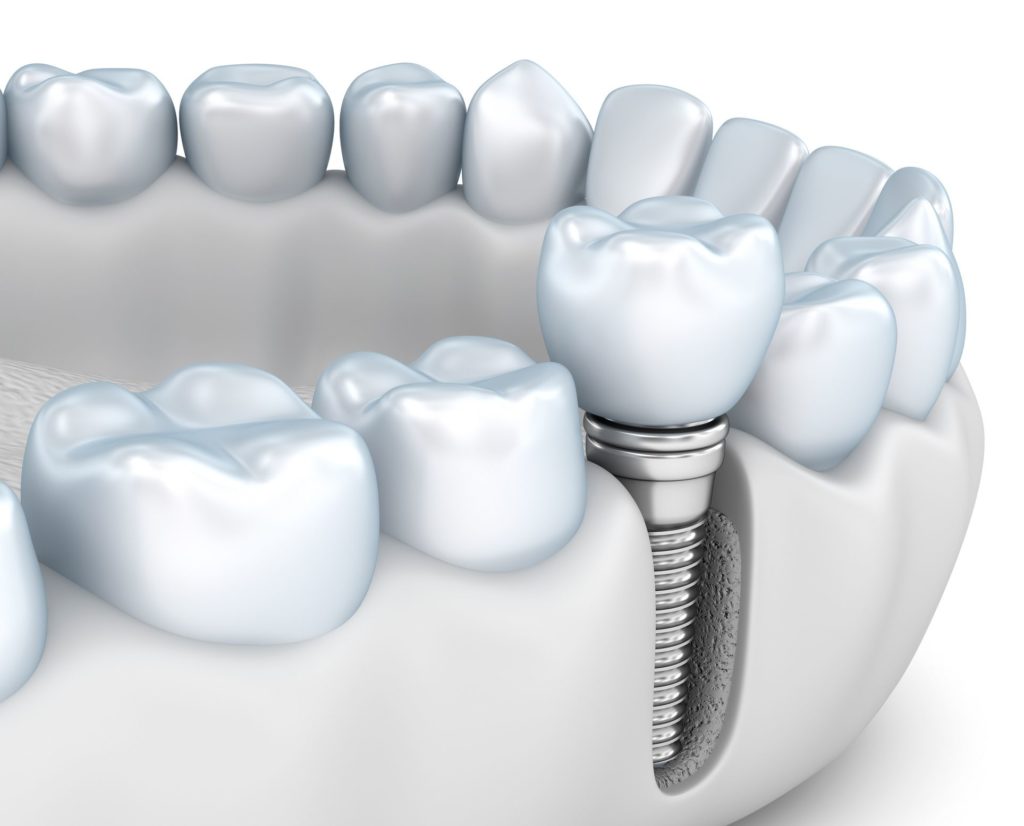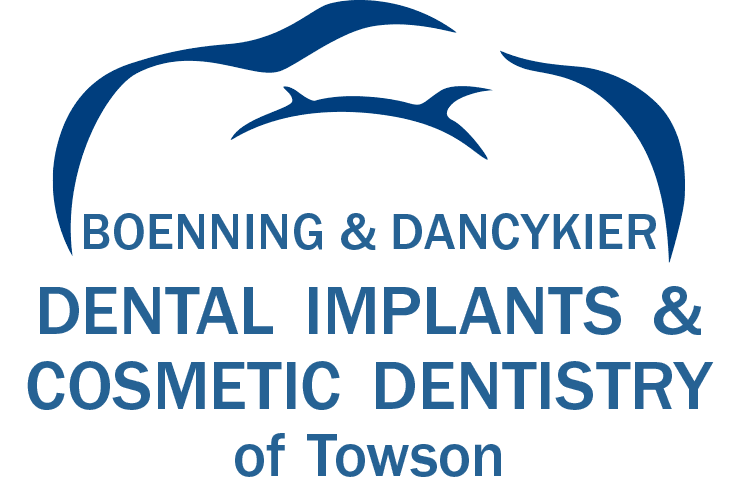Tooth loss can affect many individuals, whether they have suffered impact trauma, advanced gum disease, or other dental damage. Missing teeth can cause additional harm to your oral health, including your jawbone, without effective tooth replacement treatment.
Dental implants can replace missing teeth permanently, providing major restorative dental benefits and keeping your jaw healthy. Dr. Keith Boenning, a dentist practicing in Towson, MD, describes how dental implants can prevent serious damage to your jawbone following tooth loss.

What Happens to Jawbone After Tooth Loss?
In a healthy smile, the tooth has a root that extends below the gum line and reaches the jaw. Its presence stimulates the bone there, keeping it strong.
After tooth loss, the tooth root’s absence means that the bone no longer receives stimulation. Without it, the jawbone can deteriorate, leading to the appearance of facial sagging, the shifting of remaining teeth out of place, and further oral health concerns. Your dentist can suggest restorative treatment to prevent these issues from forming.
How Can Dental Implants Help My Jaw?
Many tooth replacement treatments, like removable dentures, replace missing teeth above the gumline. This restorative solution can resolve a decline in oral function and other issues that stem from tooth loss, but it cannot avert bone loss that may occur in the jaw.
A dental implant is a permanent tooth replacement solution that includes a titanium post anchor that a dentist will surgically place into the jaw which will ultimately support a prosthetic tooth. This anchor replaces a missing tooth root, stimulating the jawbone once again.
By stimulating the jaw, the anchor stops bone from deteriorating and even encourages bone that may have already been lost to regrow. This helps patients preserve their facial and dental structure after tooth loss.
Will My Jaw Support Dental Implants?
In order to successfully receive dental implants, your jaw must be stable enough to serve as a foundation that can secure the anchor of the implant. If too much bone has deteriorated, you might not have a strong enough jaw to support an implant.
If this is the case, your dentist may recommend a bone graft surgery to create more stability to the jaw that may receive an implant after recovery from the procedure. They may suggest alternative tooth replacement solutions if this is not feasible.
A dental professional will evaluate your jawbone structure and strength using x-ray imaging taken during a consultation appointment. They will perform a thorough exam to determine your eligibility for this treatment so that they will not give you an implant that will ultimately fail.
Dental Implants and Restorative Dentistry in Towson, MD
Boenning and Dancykier Dental Implants and Cosmetic Dentistry offer dental implants and other tooth replacement solutions to qualified patients in Towson, MD. Dr. Boenning specializes in general, cosmetic, and restorative dentistry, including periodontal care. To schedule an appointment with our practice, contact our office by phone at 410.324.2294 or reach our staff online.
